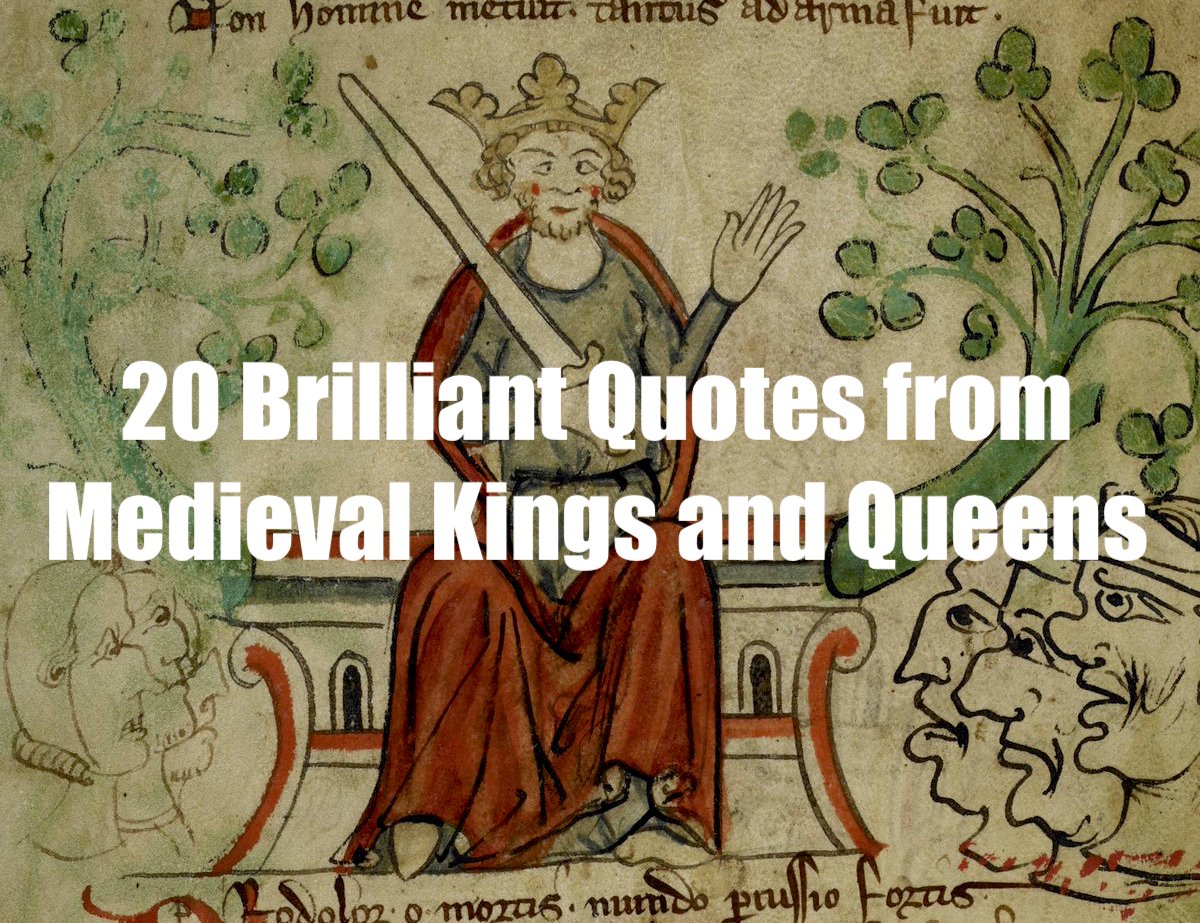
"To have another language is to possess a second soul."
"I desired to live worthily as long as I lived and to leave after my life, to the men who should come after me, the memory of me in good works."
"Grief is not very different from illness: in the impetus of its fire it does not recognize lords, it does fear not colleagues, it does not respect or spare anyone, nor even itself."
"The distance is great from the firm belief to the realization from concrete experience."
The article explores the multifaceted nature of medieval monarchs, illustrating how they transcended mere governance to offer wisdom, humor, and philosophical musings. The selected quotes reveal their thoughts on language, legacy, grief, and knowledge. Figures like Charlemagne and Alfred the Great exemplify these traits, showing their concern for cultural understanding and virtuous living. Meanwhile, Eleanor of Aquitaine's poignant reflections on grief highlight the common human experience, regardless of status, while Isabella I and Henry IV emphasize the challenges of translating ideals into reality and the importance of questioning established beliefs, respectively.
Read at Medievalists.net
Unable to calculate read time
Collection
[
|
...
]